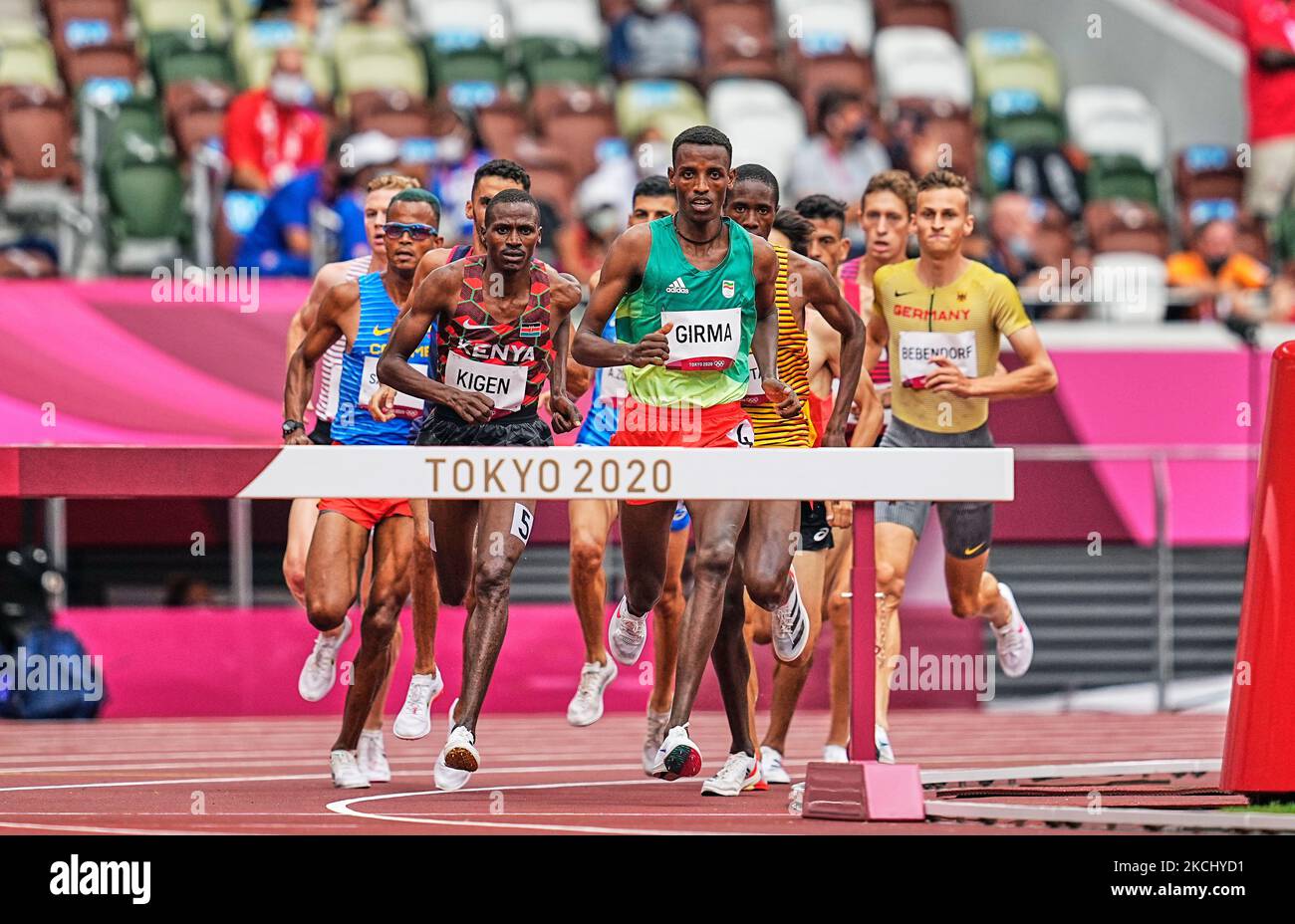Girma’s Political Journey: Ethiopia Girma

Girma Wolde-Giorgis, a towering figure in Ethiopian politics, navigated a complex and turbulent political landscape, leaving an indelible mark on the country’s trajectory. His journey, marked by both challenges and triumphs, provides a fascinating insight into the evolution of Ethiopian politics in the late 20th and early 21st centuries.
Early Life and Entry into Politics
Girma’s political journey began in the 1960s, when he became involved in student activism against the Derg regime. His early political engagement was fueled by a deep sense of patriotism and a commitment to social justice. Girma’s involvement in student politics laid the foundation for his later role in the Ethiopian People’s Revolutionary Democratic Front (EPRDF).
Role in the EPRDF and Rise to Prominence
Girma’s association with the EPRDF, a coalition of rebel groups that fought to overthrow the Derg regime, marked a significant turning point in his political career. His strategic thinking and diplomatic skills played a crucial role in the EPRDF’s victory in 1991. Within the EPRDF, Girma emerged as a respected figure, known for his pragmatism and ability to build consensus. His commitment to national unity and his dedication to promoting dialogue helped to consolidate the EPRDF’s power and shape the post-Derg political landscape.
Political Ideology and Leadership Style
Girma’s political ideology was rooted in a commitment to democracy, social justice, and national unity. He believed in the importance of inclusive governance and a strong central government to ensure stability and development. Girma’s leadership style was characterized by his calm demeanor, his ability to listen to diverse perspectives, and his focus on building consensus. His approach contrasted with the more assertive and authoritarian styles of other prominent Ethiopian politicians.
Achievements and Challenges as President, Ethiopia girma
Girma’s presidency, which spanned from 2001 to 2018, was marked by both achievements and challenges. During his tenure, Ethiopia witnessed significant economic growth and progress in areas like infrastructure development and education. Girma played a crucial role in fostering international relations and promoting Ethiopia’s role as a regional power. However, his presidency was also marked by concerns over human rights violations, restrictions on political dissent, and the government’s handling of ethnic tensions.
Legacy and Impact on Ethiopian Politics
Girma’s legacy is a complex one. He is remembered for his role in the EPRDF’s victory and his efforts to promote national unity. However, his presidency was also marked by controversies, and his legacy remains a subject of debate. Girma’s impact on Ethiopian politics can be seen in the gradual shift towards greater political openness and the growing emphasis on democratic reforms. Despite the challenges, Girma’s legacy serves as a reminder of the importance of leadership, dialogue, and national unity in navigating the complex political landscape of Ethiopia.
Ethiopia Girma’s journey is a testament to resilience and hope. Perhaps, after a long day of pursuing her dreams, she finds solace in the gentle rocking motion of a leather glider chair and ottoman , its soft leather embracing her like a warm hug.
In that moment of quiet reflection, she gathers the strength to face tomorrow, knowing that her journey, like the smooth glide of the chair, is always moving forward.
Ethiopia’s Girma is a force to be reckoned with in the world of athletics. He’s a name synonymous with speed and endurance, especially when it comes to the grueling 3000m steeplechase olympics. Girma’s determination and talent are evident in every stride, and he’s a true inspiration to aspiring athletes around the globe.